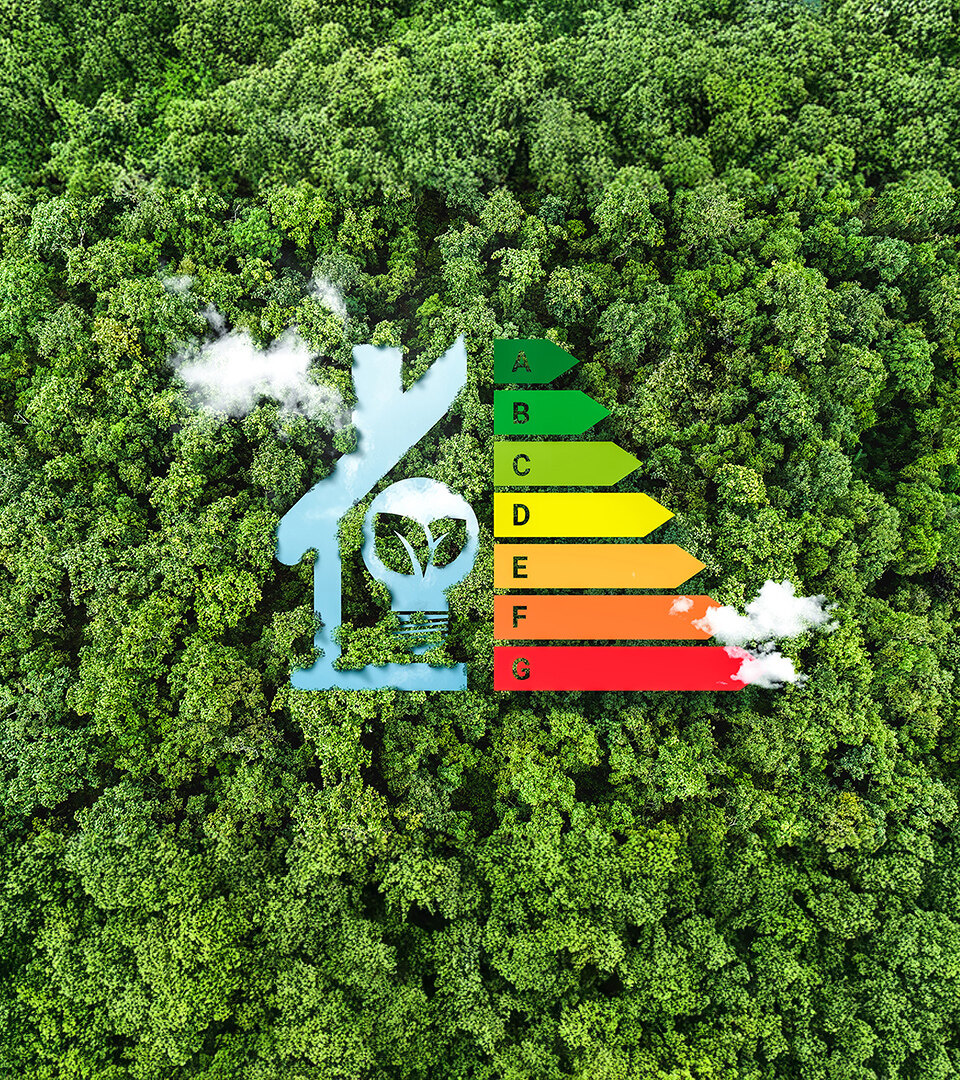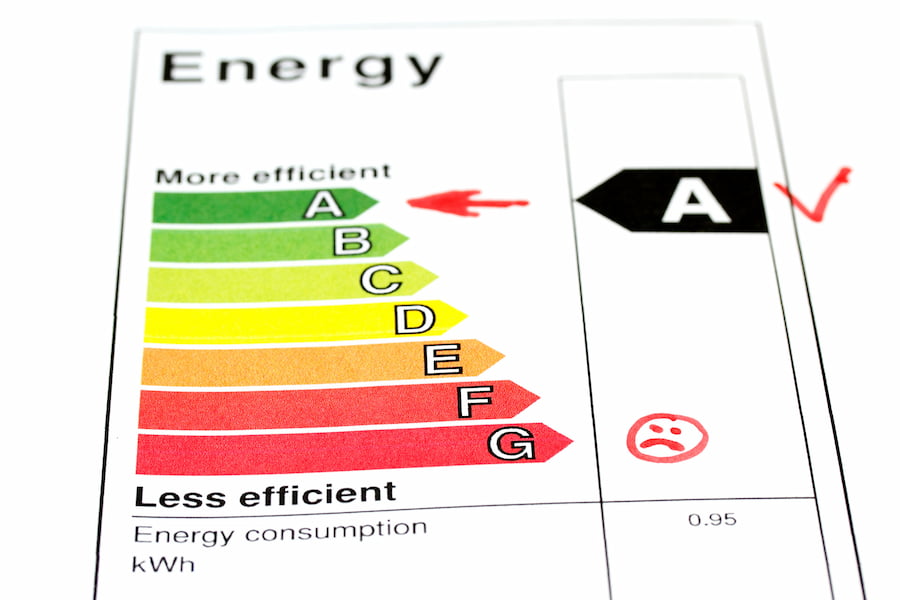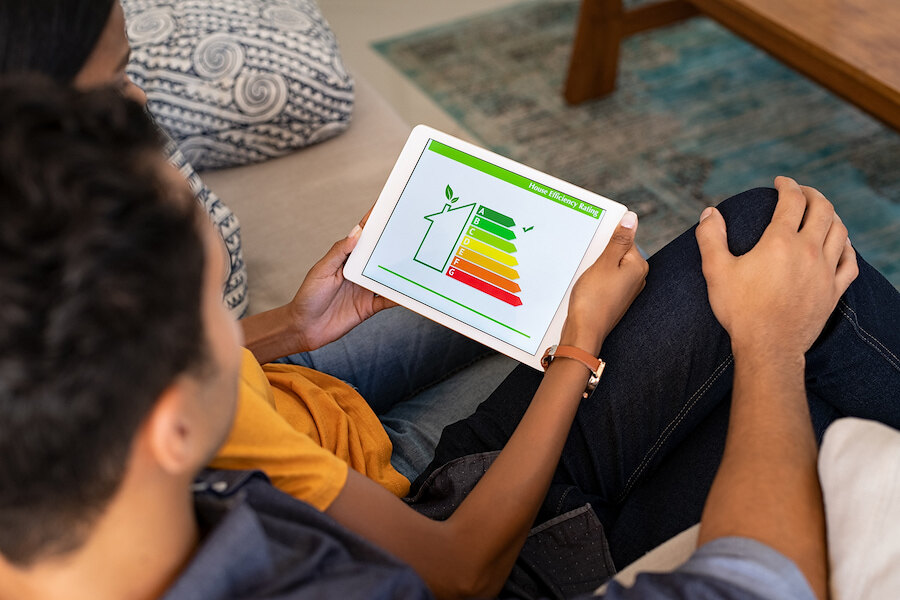Like what you read?
Subscribe to our newsletter for engaging articles, exclusive content, and the latest updates.
Energy certificates in Spain explained: costs, validity, legal updates, and what every property owner should know.
· 4 min. read

Energy efficiency certificates (Certificados de Eficiencia Energética, or CEE) are one of the most misunderstood aspects of Spain’s property market. Owners are often unsure of when they need one, what it means for the sale or rental of their home, or how much it will cost. With recent legal updates now in force, it’s more important than ever to separate myth from reality.
One of the most common misconceptions is that you cannot sell or rent a property if it has a low energy rating, such as “F” or “G”. This is false. The certificate is purely informative, designed to give buyers and tenants transparency about the home’s efficiency and expected running costs. No matter how poor the rating, you are still legally entitled to sell or let your property.

What is true is that having a valid certificate is a legal requirement whenever you list your property for sale or rent in Spain. This rule has been in place for years, but since August 2025, an important update has come into effect: a valid energy certificate is now required not only for sales and rentals but also for official property valuations (tasaciones). This means that if you are refinancing, taking out a mortgage, or having your property appraised, you will need an up-to-date CEE.
Obtaining a certificate requires a technical visit by a qualified professional. During the inspection, the certifier looks at key elements that affect energy performance: insulation in walls and roofs, the type of windows, the efficiency of heating and cooling systems, ventilation, and even the property’s orientation. The data is then entered into official modelling software that estimates the home’s expected energy demand and CO₂ emissions.

The final report doesn’t just provide a rating from “A” (most efficient) to “G” (least efficient); it also includes recommendations for improving efficiency, such as upgrading windows, adding insulation, or modernising boilers and air-conditioning systems. This is valuable guidance for owners considering renovations before selling, as improvements could make a property more attractive to buyers.
The cost of obtaining a certificate can vary widely. For most apartments, prices often fall under €100–€150, while larger houses or more complex properties may cost more. Several factors influence the price: the size and type of property, its location, the complexity of the inspection, and the fees set by the professional carrying it out. In addition, some autonomous regions charge a small administrative fee when registering the certificate.
A certificate is valid for 10 years, after which it must be renewed. However, if a property undergoes significant renovations that affect its energy performance, it is advisable to obtain a new certificate sooner to reflect the improvements. Properties with very low ratings may also be subject to shorter recommended validity periods. Owners should be aware that relying on an expired certificate could cause delays in the sale process or even fines.

Many certifiers now allow owners to start the process online by requesting quotes and submitting plans or photos in advance, though a physical inspection is still legally required. Once issued, certificates are filed in the official regional registry, which in most cases is managed digitally. This ensures that buyers, agents, and notaries can verify the validity of a certificate quickly and easily.
Subscribe to our newsletter for engaging articles, exclusive content, and the latest updates.
Although the certificate does not prohibit the sale of a low-rated home, it plays a growing role in the property market. Buyers are increasingly conscious of energy efficiency and running costs, particularly in higher-value markets like Marbella where international clients compare standards with other countries. Looking ahead, EU and Spanish climate targets may bring stricter rules and incentives for renovations, but as of today, the CEE remains an informative document rather than a restrictive one.
Thinking of selling your home in Marbella? A valid energy certificate is essential, and Panorama’s experienced team can guide you through every step of the process.
Sell your property in Marbella with Panorama
Seller’s Guide